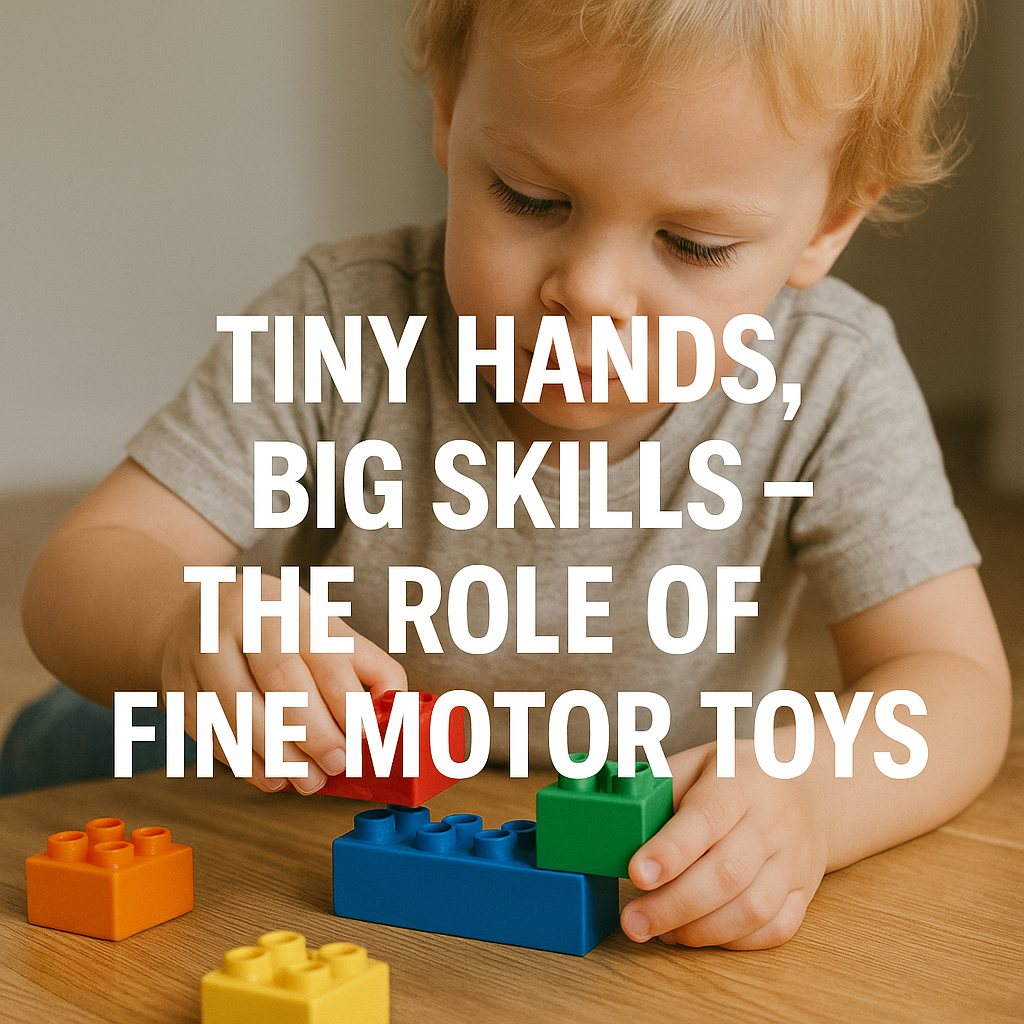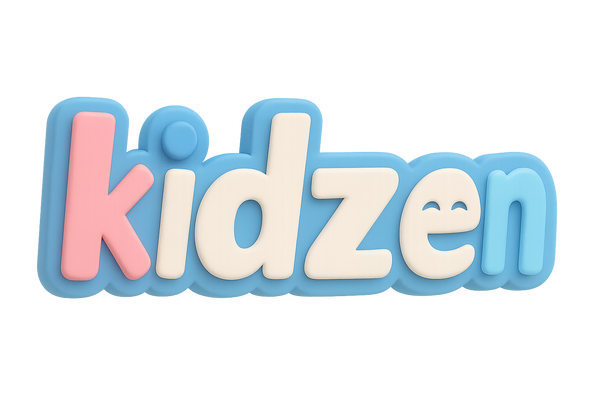
Tiny Hands, Big Skills – The Role of Fine Motor Toys
Share
Intro
When little hands grasp, stack, or twist toys, they’re doing more than just playing—they’re building the foundation for future skills. Fine motor development, which involves the coordination of small muscles in the hands and fingers, is essential for everyday tasks like writing, buttoning clothes, and even eating independently. Toys that challenge these tiny muscles are more powerful than they appear.
Why Fine Motor Development Matters
Research in child development emphasizes the importance of early fine motor skills for later academic success. A longitudinal study by Grissmer et al. (2010) found that fine motor abilities in preschool predicted math and reading achievement in elementary school. Simply put, strengthening small muscles in the hands also supports the brain.
How Toys Support Fine Motor Growth
-
Building Blocks & Construction Sets
Stacking and connecting blocks strengthen finger strength, dexterity, and spatial reasoning. Children learn problem-solving while fine-tuning their hand-eye coordination. -
Puzzles & Shape Sorters
Grasping puzzle pieces, turning them, and fitting them into the right spots develops precision and patience. A Journal of Child Development (Verdine et al., 2014) study showed puzzles improve both fine motor and cognitive flexibility. -
Dominoes & Bead Stringing
Carefully placing dominoes or threading beads trains steadiness and focus. These activities also prepare kids for handwriting movements. -
Art & Craft Toys
Scissors, crayons, and clay strengthen grip and finger isolation. Creative play doubles as skill practice, helping kids transition to academic readiness.
Practical Tips for Parents
-
Rotate toys to keep challenges fresh.
-
Choose toys that match your child’s developmental stage (too easy = boredom, too hard = frustration).
-
Encourage “play with purpose”—ask your child to tell a story while building or create patterns with beads.
Closing
Fine motor toys may look simple, but they carry immense developmental weight. Each small movement—placing a block, fitting a puzzle, or stringing a bead—helps children build skills for life. Tiny hands today truly lead to big skills tomorrow.
